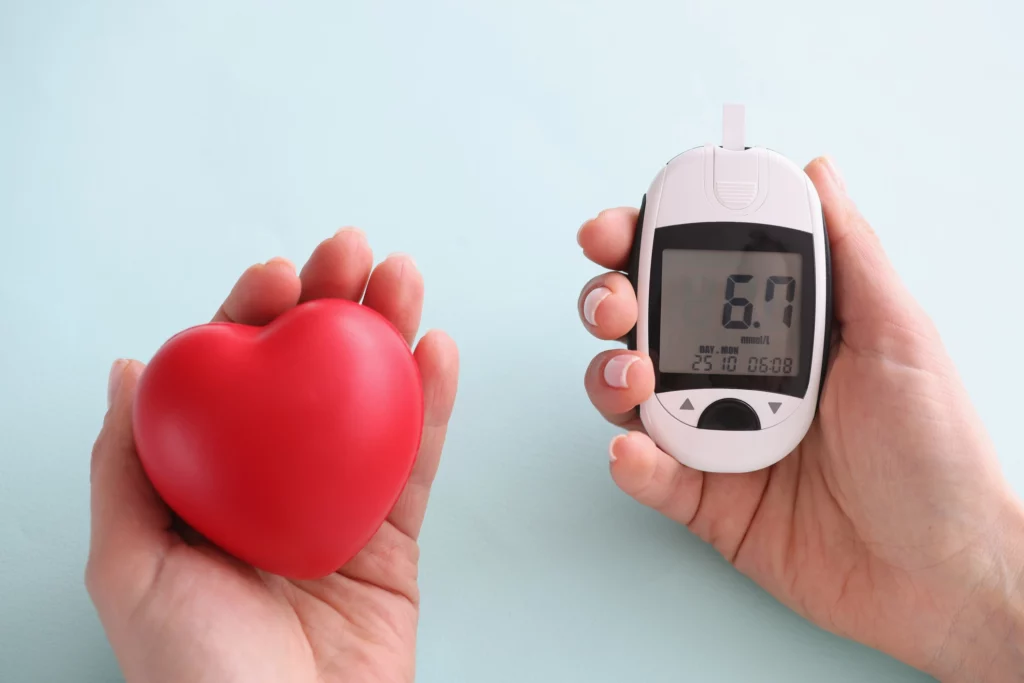Celebrating 20 Years in Business

Remote Patient Monitoring (RPM) was already gaining attention before the pandemic, and it’s only become more valuable to patient care since. Developed alongside telehealth, RPM is a powerful remote-based service for early identification of potential health concerns — as long as its data remains properly managed and reviewed. Below, we discuss RPM’s benefits, what challenges may lie ahead, and how coding and auditing play key roles in its success.
RPM is the practice of giving patients devices (often wearables) designed to record their vitals and share that data with their providers. The purpose is to improve care plans, make it easier for providers to analyze patient symptoms, and identify early warning signs of health complications. Some examples of RPM devices include blood pressure cuffs, blood glucose meters, oximeters, spirometers, and weight scales. Unlike traditional patient monitoring performed in a healthcare setting, RPM obtains these vitals and reporting from patients while they’re at home.
This remote-based care adds a layer of convenience and safety for patients. Those who are immunocompromised can remain indoors and socially distance, while those who are either suffering from chronic disease or find it difficult to travel are still able to receive top-quality care.
It’s no surprise that RPM has become popular with patients — and providers are mirroring those sentiments. For one, it offers them more available care space. Hospitals can mitigate the chances of reaching full capacity when they treat patients at home.
There are plenty of additional benefits to keep in mind, though, as noted by mHealthIntelligence. Those include:
In spite of its popularity, some healthcare providers remain cautious about the future adoption of RPM. Most of its services are covered due to the public health emergency (PHE) of COVID-19. But once that ends, many wonder whether that coverage will remain, especially for Medicare and Medicaid. As HealthLeaders reports, “while several states have permanently amended their telehealth rules to keep those expanded freedoms in place, there’s still a lot of confusion — particularly at the federal level — about what happens when the PHE ends. This, in turn, has kept some health systems from developing long-term telehealth and RPM plans.”
Regardless of where your team stands on RPM, one thing is certain: it involves a lot of data. That requires establishing a system that can handle such a high influx of new information, as well as the means to store, evaluate, share, and protect it.
Considering how substantial our nursing shortage has become in the US, outsourcing additional IT support, medical coding, and auditing may be the best options for your team. This can include auditing your data management to identify any gaps in service, irregularities, or errors in collection. Keep in mind that some of those inaccuracies won’t be because of the system, but due to user error as patients learn how to operate RPM devices correctly.
Any new source of patient data is subject to cybersecurity and compliance. Even as the healthcare sector recovers from the worst of the pandemic, there’s still the growing threat of bad actors who are exploiting ransomware and other malicious code. You need to ensure that your data management partner is well-versed in these cyber requirements, and has implemented best practices in order to meet them.
HCRS has spent years supporting the healthcare sector’s efforts through top-quality coding, core measures abstraction, auditing, records review, cybersecurity advisement, research support, and staffing. We are ready to help your team implement the resources it needs to manage any and all data, for the benefit of your services and the wellbeing of your patients. When you’re ready, let’s schedule some time to discuss your needs.